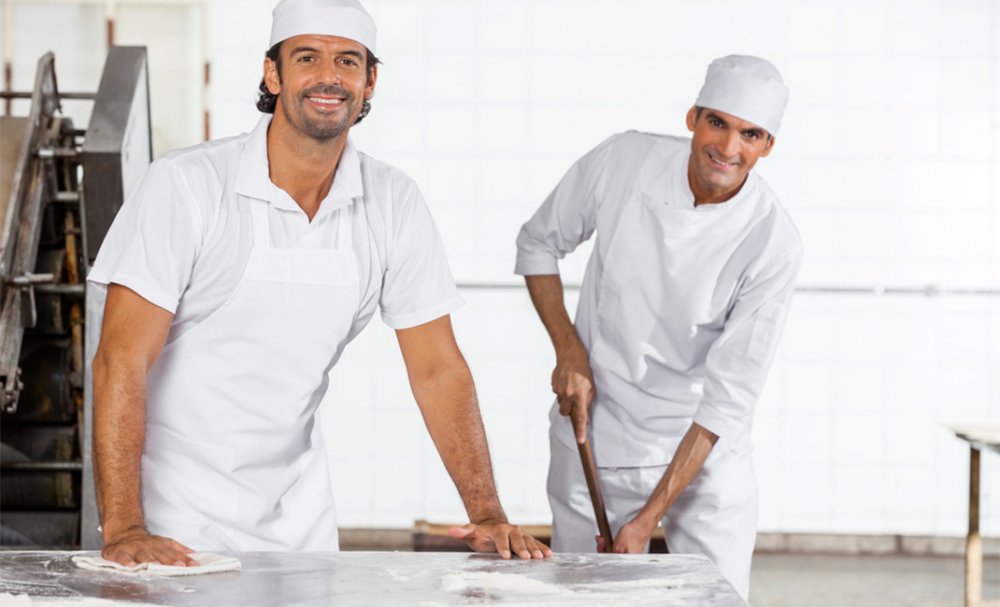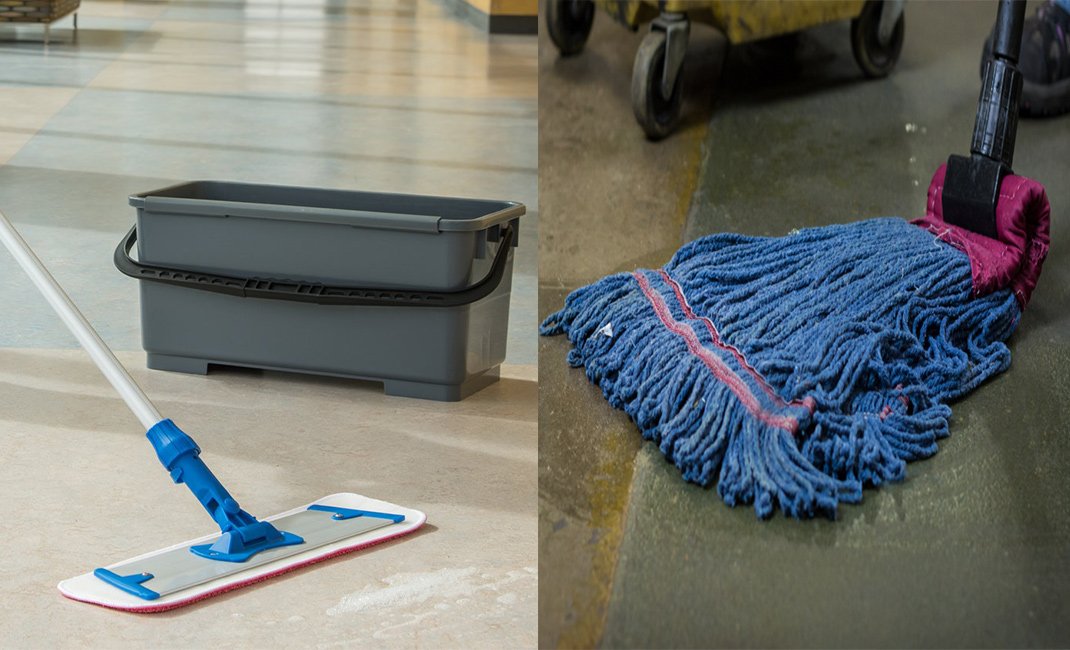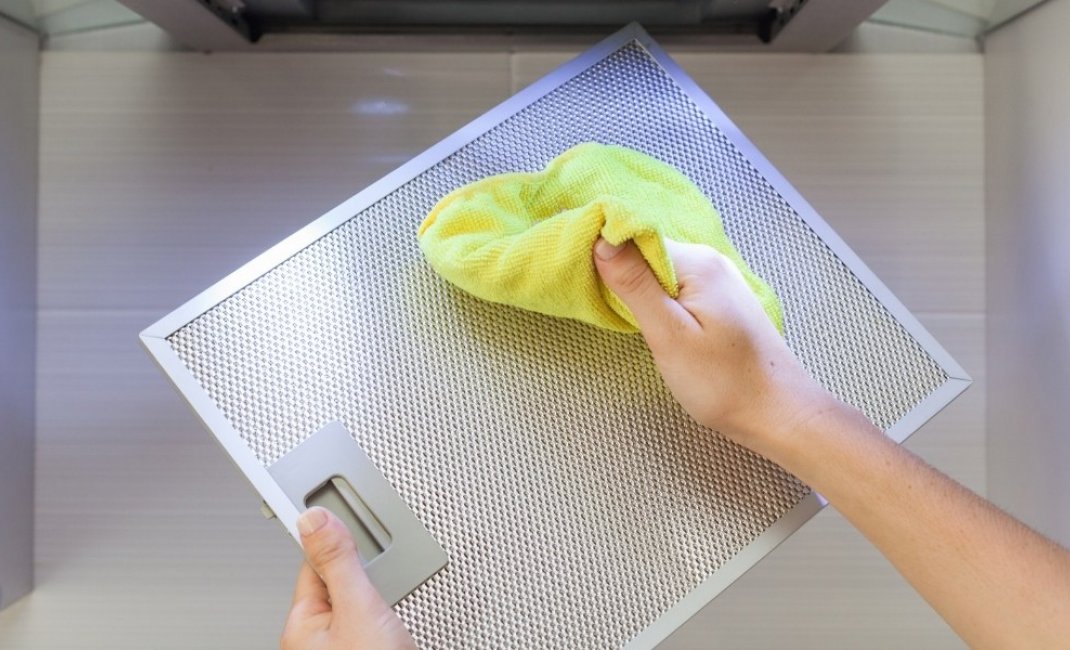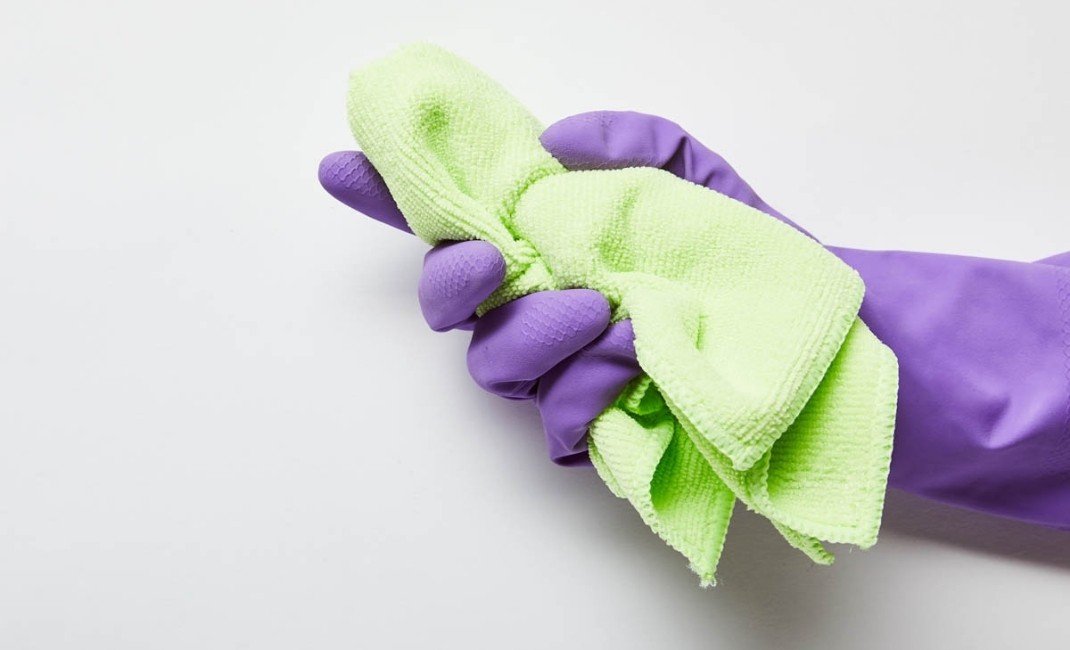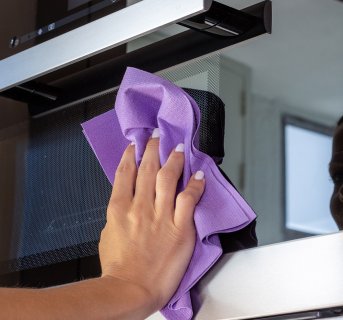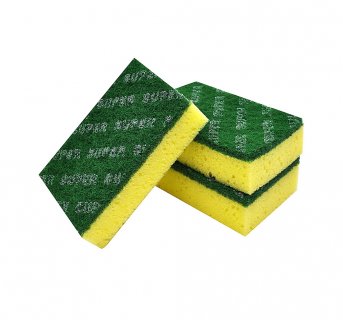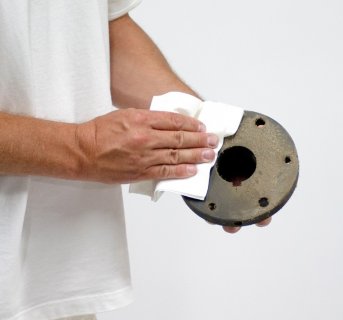Students working toward a diploma in baking and pastry learn many important lessons in preparing delicious treats and artisanal loaves of bread. However, anyone attending culinary arts schools in Colorado also knows the importance of meeting the highest standards for food safety and sanitation. Following best practices for keeping a workplace clean and orderly is a vital part of protecting employees and customers, maintaining regulatory compliance and ensuring that your bakery turns out consistently great products.
Keep these essential guidelines in mind as you explore the possibilities of a career in baking:
Personal hygiene is crucial
“Good sanitation starts with every individual.”
Good sanitation starts with every individual who works in a bakery. Careful attention to personal hygiene makes all the difference in keeping food free of any pathogens that staff members could carry on their bodies, hair or clothes. Every bakery should establish and enforce strict standards of cleanliness for all employees, especially those who come into direct contact with ingredients or finished items.
Common rules for bakery workers include directives to always come into the business wearing clean clothing and keep a hair net on throughout the day. They should wash their hands before preparation, after handling raw ingredients and any time they visit the bathroom. It’s often a good idea to wear gloves, and any cuts must be cleaned and covered.
Wash utensils and surfaces
Dirty kitchen utensils or surfaces that come into contact with food can become major hazards. Cooking and baking professionals always have to be on the lookout for cross-contamination, which can be dangerous to customers. Carelessly using the same tools or cutting boards for different tasks without cleaning them might lead to foodborne illness or an unexpected allergic reaction.
In addition, any items that are left dirty might attract insects or rodents. The last thing you want is pests making themselves at home in your bakery. Thorough, regular cleaning is an essential line of defense against serious health risks.
Stay on top of equipment maintenance
Bakers rely on an array of machines to prepare their goods efficiently, such as mixers, dough sheeters and bread slicers. In some cases, it may be a challenge to take a machine apart and keep it clean. Still, it’s important to take the time to perform these tasks on a regular basis so pieces of food aren’t left stuck inside.
It’s particularly vital to keep proofing cabinets clean. These warm environments are ideal for allowing bread to rise before baking, but they can also be hospitable spots for bacteria. Bakeries should have a policy of washing out proofing cabinets with warm water and a mild soap on a daily basis.
Properly store all food
Refrigeration and freezing units are a top priority for sanitation efforts. That starts with keeping cold storage at the right temperatures and covering food before placing it inside. Strict first-in, first-out practices and labeling procedures can head off many potential issues with improper handling or spoilage.
For walk-in coolers and freezers, always switch off the lights when no one is inside. You’ll save on your electricity bill and make it easier for the unit to keep food at the necessary temperature. Employees should follow the manufacturer’s instructions for regularly cleaning out refrigerators and freezers and dispose of any food that is no longer usable.
Developing skills in the baking and pastry arts is about more than making fantastic things to eat. It’s also about learning how to keep a business functioning at its best and meet the demands of routine maintenance and sanitation. With the right training and experience, you can turn a love of baking into a rewarding career.

